IN SHORT: With elections just days away, and amid a crippling shortage of local currency, an alarmist message making the rounds on WhatsApp and social media claims that the banking system will be shut down. This is false, the central bank said.
‘CBN plans to shut down financial transactions from Thursday, 23 February till Monday, 27 February 2023,’ reads the heading of a message circulating on WhatsApp in Nigeria.
The “special information” message has also been shared by different pages on Facebook.
The message advises Nigerians to stock up on supplies in their homes, as banking services will be unavailable during the election period.
Nigerians will vote for a new president and members of the national assembly on Friday, 25 February 2023.
The Central Bank of Nigeria (CBN) regulates financial services in the country, including banking.
The message reads: “Anyhow you can get money between today and tomorrow, get and keep it. Also whatever transfer you want to do, do it between today and tomorrow. The information I’m hearing is that from Thursday, the bank network will go off till Sunday or Monday, so politicians will not be able to transfer money to anybody for votes. So buy enough food at home, and do your transfer now because the next five days will be difficult,” the broadcast read.
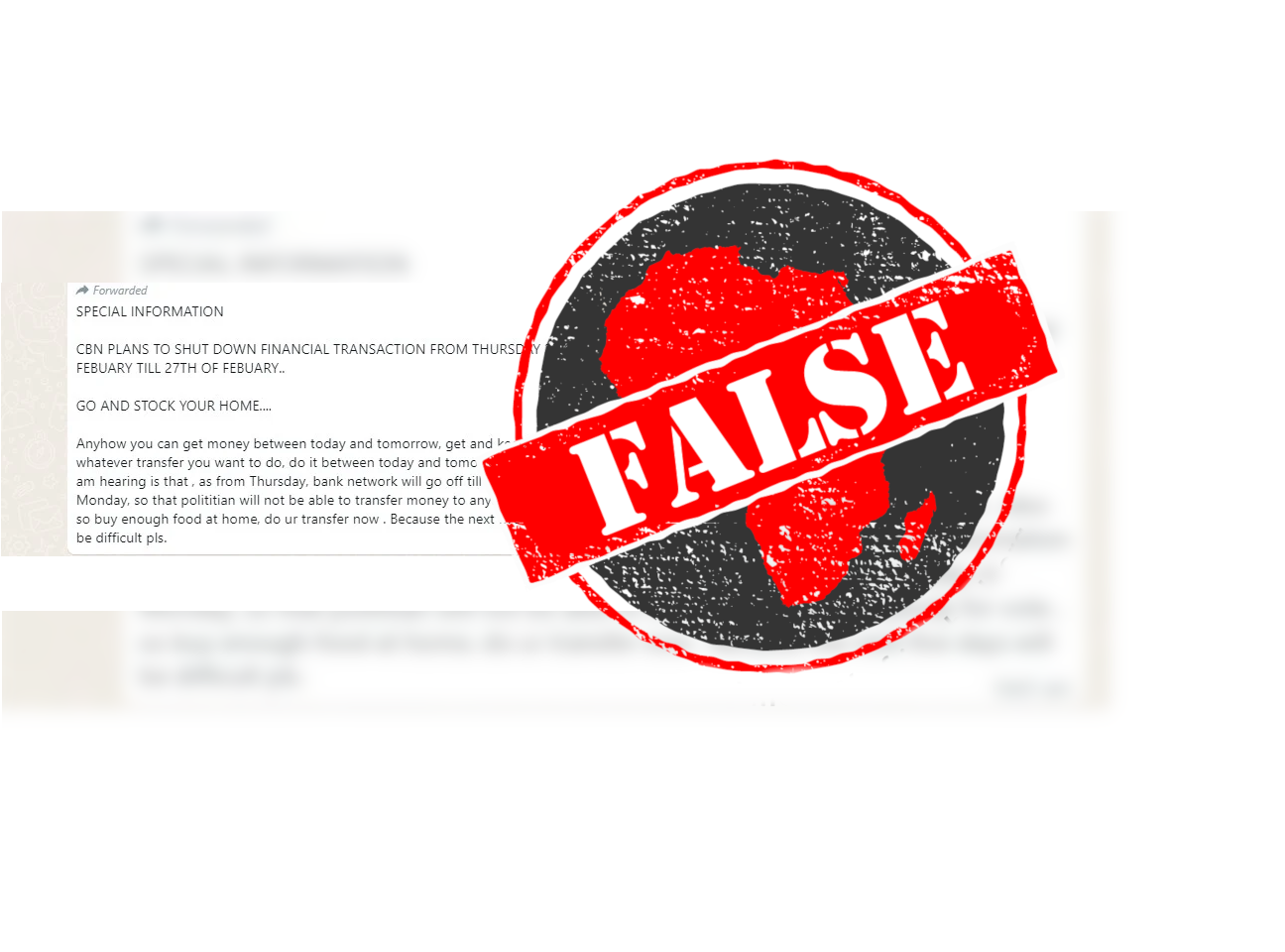
Central bank: Message is false
Quotes and broadcasts falsely attributed to authorities or influential people are common during elections.
If the message is correct, banks already struggling to contain a currency crisis could face a run from worried customers.
Osita Nwanisobi, the central bank’s spokesperson, said the message was false.
“It’s fake news,” Nwanisobi said in response to Africa Check’s question about the authenticity of the message.
Read our blog on disinformation trends during election season here.
Republish our content for free
For publishers: what to do if your post is rated false
A fact-checker has rated your Facebook or Instagram post as “false”, “altered”, “partly false” or “missing context”. This could have serious consequences. What do you do?
Click on our guide for the steps you should follow.
Publishers guideAfrica Check teams up with Facebook
Africa Check is a partner in Meta's third-party fact-checking programme to help stop the spread of false information on social media.
The content we rate as “false” will be downgraded on Facebook and Instagram. This means fewer people will see it.
You can also help identify false information on Facebook. This guide explains how.


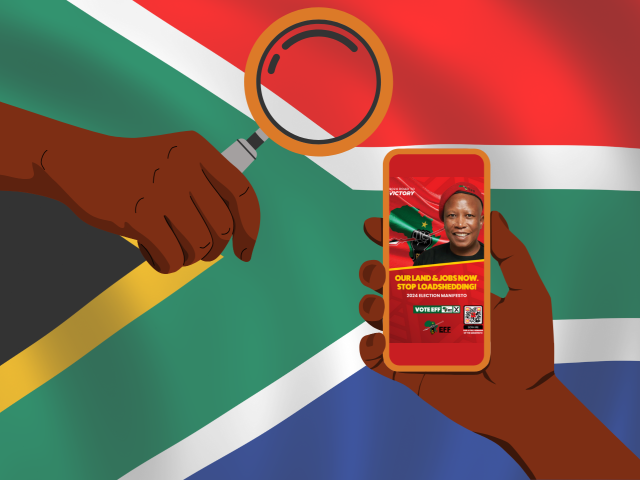
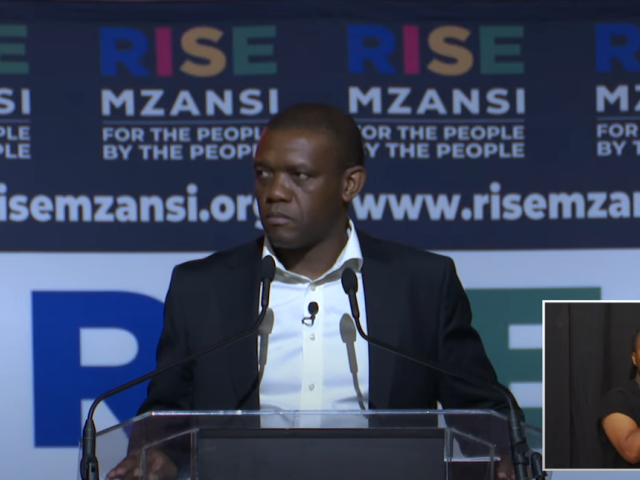
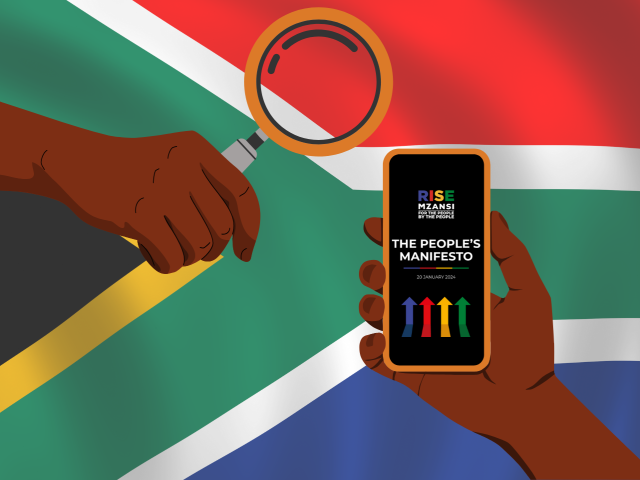
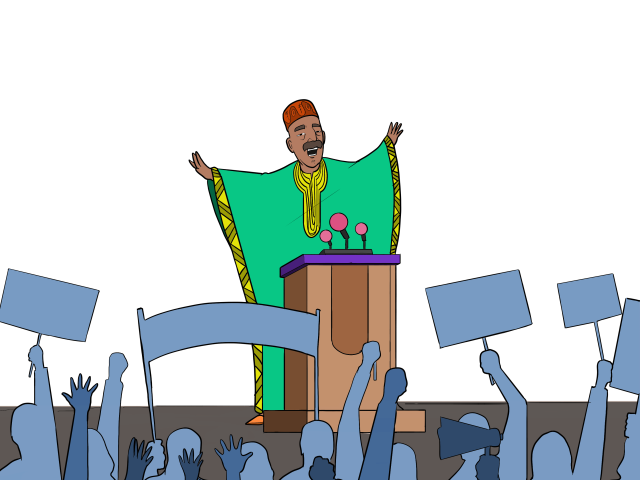
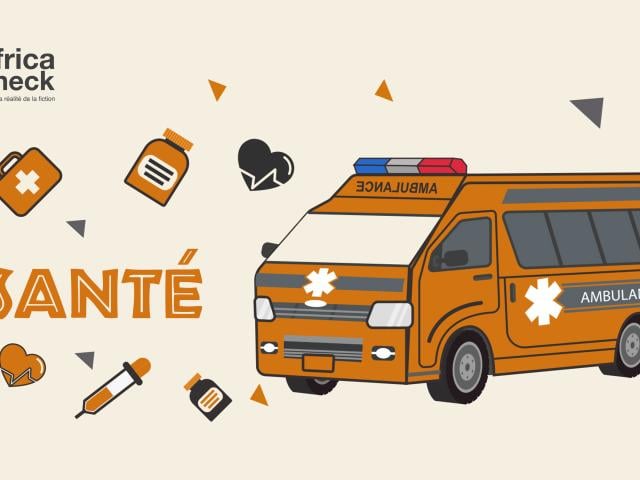
Add new comment